Ylang Ylang Essential Oil
28,00 €
Ylang Ylang Essential Oil boasts powerful healing properties for the mind and body. Relieves anxiety, tension and stress and induces both mental and emotional balance. This essential oil, in addition to being a popular aphrodisiac, has a myriad of therapeutic uses including easing headaches, migraines, symptoms of PMS and the menopause, relieving aching muscles, rejuvenating the skin and repelling insects.
Ylang Ylang Essential Oil Used in aromatherapy:
- Relieves anxiety, tension and stress, and is indicated for depression, apathy, increased nervousness and shock;
- Promotes a positive mood and increases feelings of cheerfulness and optimism;
- Strengthens the nervous system and is effective for diseases exacerbated by nervous over-strain, including asthma, stress, loss of strength, and excessive drowsiness;
- Diminishes insomnia. Banishes negative thoughts and overthinking to help accelerate the sleep process, and improves quality of sleep;
- Improves blood circulation, lowers blood pressure and decreases heart rate;
- Eliminates headaches and migraines;
- Eases symptoms of PMS, perimenopause and postmenopause;
- A known aphrodisiac. Increases sexual desire and longevity. Alleviates impotency;
- Repels flying insects.
Applied Topically:
- Eases digestive discomfort, such as stomach cramps when massaged onto the stomach (in a clockwise direction);
- Relieves dysmenorrhea (menstrual cramps) when applied to the abdomen and lower back;
- Balances oil production to prevent excessive dryness or oiliness. Soothes and remedies inflammatory and bacterial skin conditions including acne, dermatitis and eczema;
- Prevents and alleviates premature ageing. Stimulates cell regeneration, smooths and tones the skin, improves the skin’s firmness and elasticity;
- Heals minor skin afflictions such as cuts, scratches and bug bites, facilitates faster wound healing and disinfects wounds to prevent sepsis;
- Remedies fungal infections;
- Strengthens the nails when massaged into the nail plate. Prevents breaking and peeling, and imparts strength and shine;
- Balances sebum production on the scalp, alleviates dandruff and promotes hair growth by reducing brittle hair, breakage and hair fall;
- Relieves stiff and sore muscles;
- Increases blood circulation to strengthen the vascular system and prevent pain and discomfort in the legs.
Note: Essential oils are extremely potent and must always be diluted in a natural oil (such as almond, coconut, grape seed, jojoba oil) before application to the skin, scalp or hair). Ratio: 1 drop to 5ml oil.
Do not ingest.
Application of Ylang Ylang Essential Oil
For aromatherapy: add a few drops to a diffuser or oil burner.
For sleep disorders: use in a diffuser; add to water and spritz on the pillow and sheets; apply topically to the soles of the feet, wrists and temples; or add a few drops to a warm bath.
For the treatment of fungus: topical application to the affected area.
For treatment of wounds: topical application to the affected area.
For skin and hair care: apply topically. Or add a few drops to moisturiser, body lotion, shampoo, etc.
For massage: 3 drops in 15-20 ml of base oil
Basic Properties of Ylang Ylang Essential Oil
Analgesic, anti-inflammatory, antibacterial, antidepressant, antifungal, antimicrobial, antioxidant, antiseptic, anti-seborrheic, antiseptic, antispasmodic, antitussive, antiviral, anxiolytic, aphrodisiac, calmative, cicatrizing, circulatory, disinfectant, emollient, hypnotic, hypotensive, insecticide, nervine, sedative, stimulant, tonic.
Extraction Method: Steam distillation
Parts Used: Blossoms
Aroma: Sweet, rich, spicy
| Size |
50ml |
|---|


The following terms are applicable for any products that You purchased with Us.
Interpretation and Definitions
Interpretation
The words of which the initial letter is capitalized have meanings defined under the following conditions. The following definitions shall have the same meaning regardless of whether they appear in singular or in plural.
Definitions
For the purposes of this Return and Refund Policy:
Company (referred to as either “the Company”, “We”, “Us” or “Our” in this Agreement) refers to Sea Star for Trading, Hurghada.
Goods refer to the items offered for sale on the Service.
Orders mean a request by You to purchase Goods from Us.
Service refers to the Website.
Website refers to Sea Star, accessible from https://seastarfortrading.com/
You means the individual accessing or using the Service, or the company, or other legal entity on behalf of which such individual is accessing or using the Service, as applicable.
Your Order Cancellation Rights
You are entitled to cancel Your Order within 14 days without giving any reason for doing so.
The deadline for cancelling an Order is 14 days from the date on which You received the Goods or on which a third party you have appointed, who is not the carrier, takes possession of the product delivered.
In order to exercise Your right of cancellation, You must inform Us of your decision by means of a clear statement. You can inform us of your decision by:
By email: info@seastarfortrading.com/
We will reimburse You no later than 14 days from the day on which We receive the returned Goods. We will use the same means of payment as You used for the Order, and You will not incur any fees for such reimbursement.
Conditions for Returns
In order for the Goods to be eligible for a return, please make sure that:
The Goods were purchased in the last 14 days
The Goods are in the original packaging
The following Goods cannot be returned:
The supply of Goods made to Your specifications or clearly personalized.
The supply of Goods which according to their nature are not suitable to be returned, deteriorate rapidly or where the date of expiry is over.
The supply of Goods which are not suitable for return due to health protection or hygiene reasons and were unsealed after delivery.
The supply of Goods which are, after delivery, according to their nature, inseparably mixed with other items.
We reserve the right to refuse returns of any merchandise that does not meet the above return conditions in our sole discretion.
Only regular priced Goods may be refunded. Unfortunately, Goods on sale cannot be refunded. This exclusion may not apply to You if it is not permitted by applicable law.
Returning Goods
You are responsible for the cost and risk of returning the Goods to Us.
We cannot be held responsible for Goods damaged or lost in return shipment. Therefore, We recommend an insured and trackable mail service. We are unable to issue a refund without actual receipt of the Goods or proof of received return delivery.
Related products
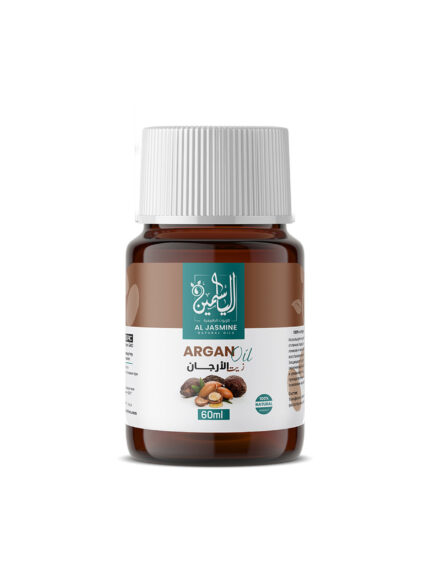
Argan Oil
30,00 € – 55,00 €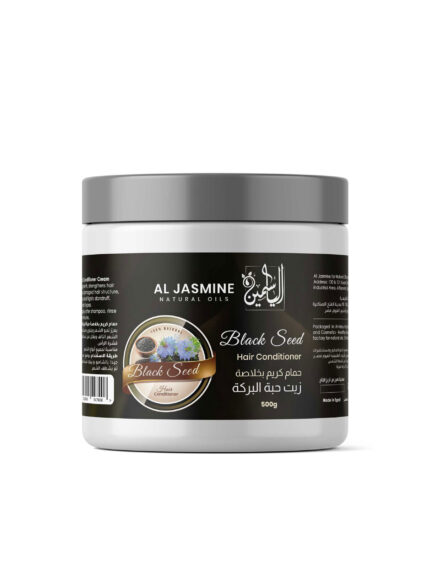
Black Seed Hair Conditioner
25,00 €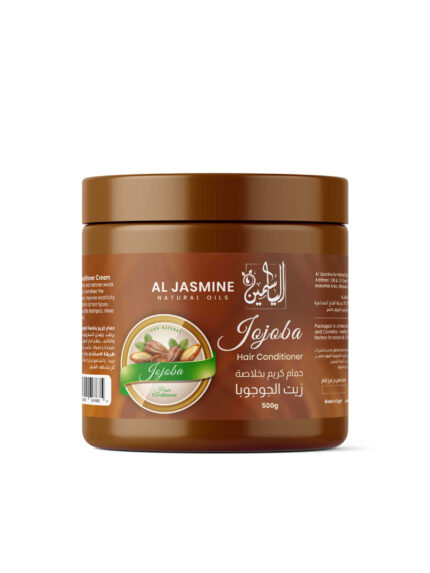
Jojoba Hair Conditioner
25,00 €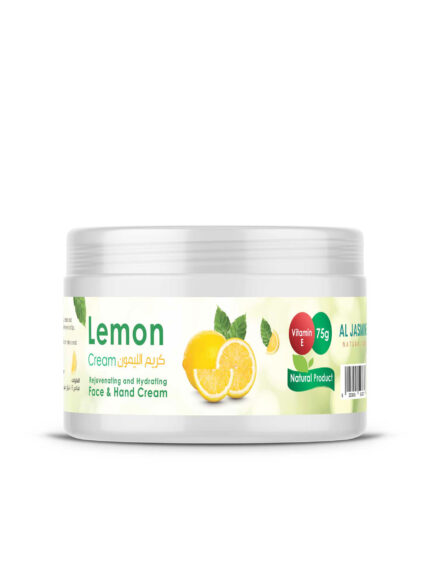
Lemon Cream
10,00 €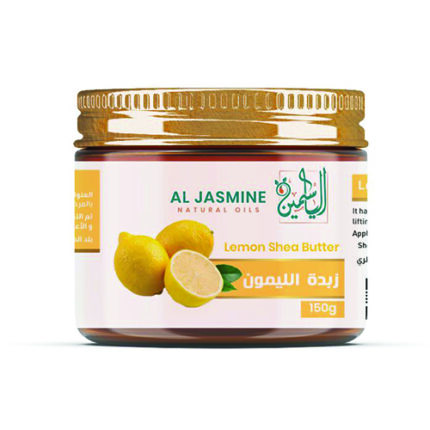
Lemon Shea Butter
20,00 €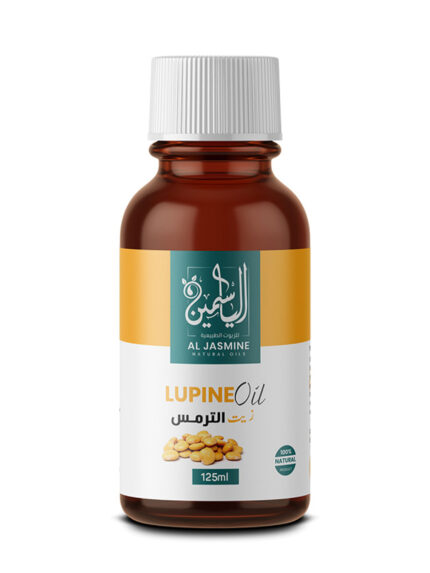
Lupine Oil
22,00 €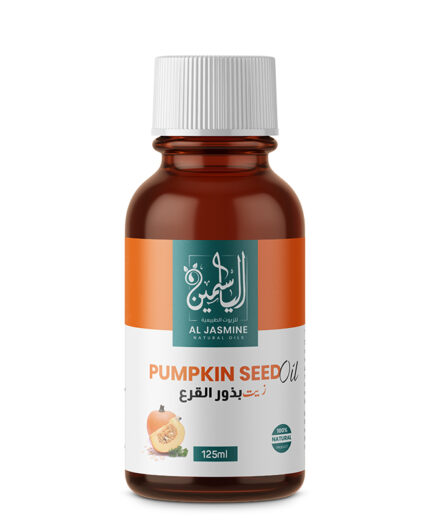
Pumpkin Seed Oil
20,00 € – 30,00 €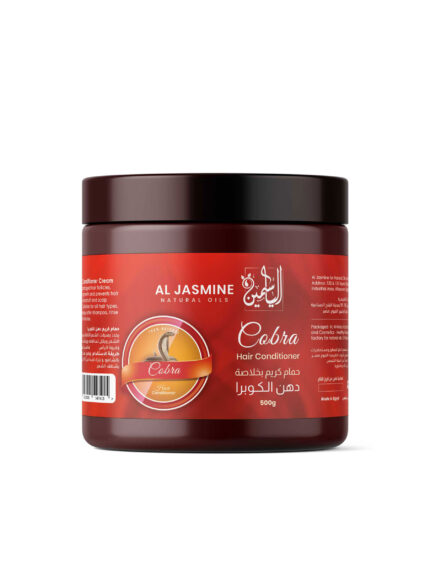

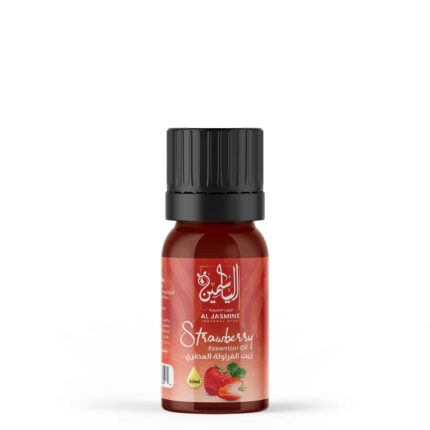
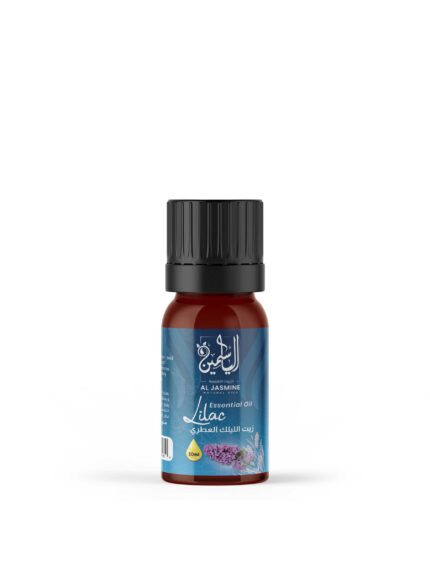
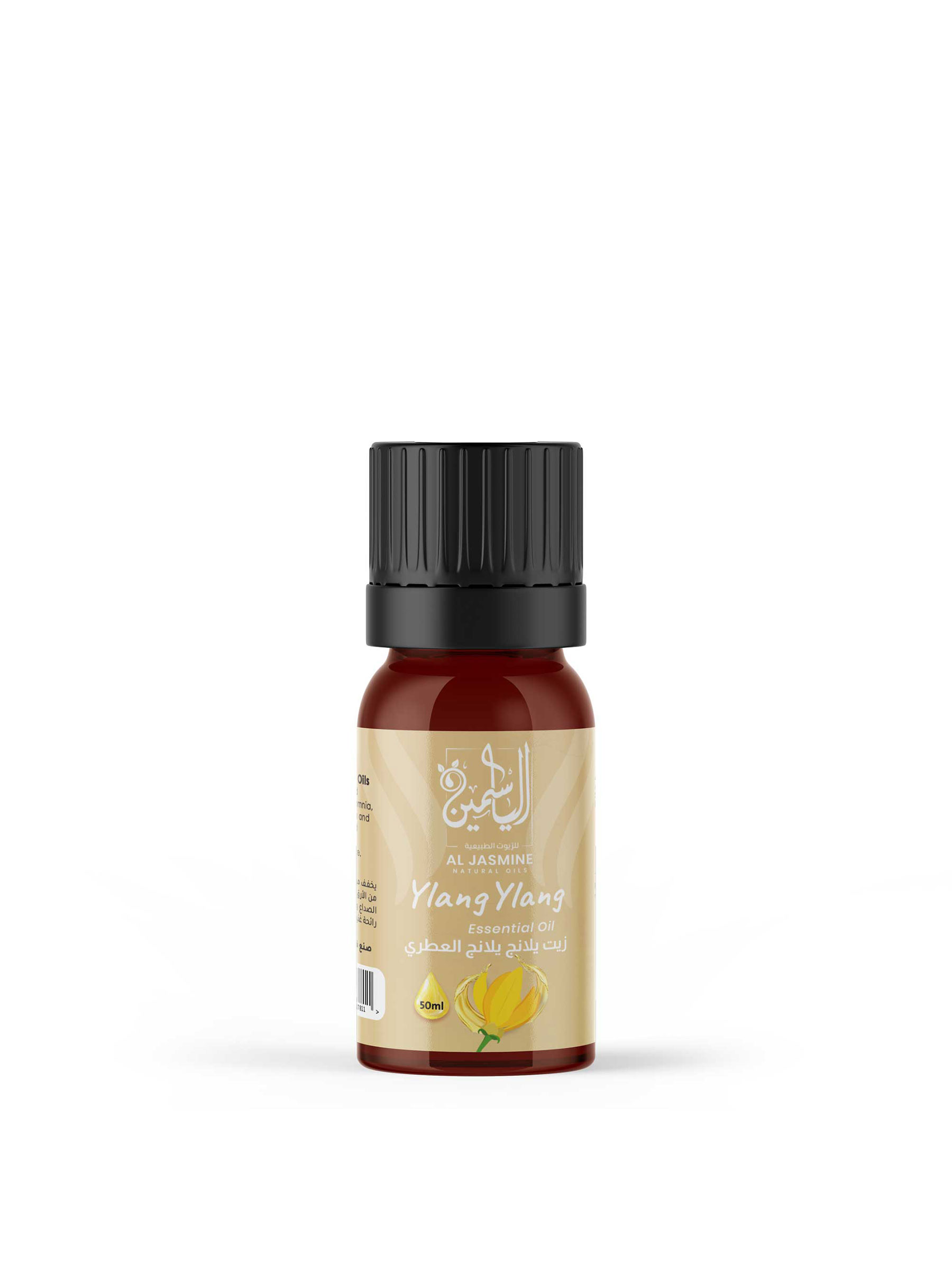
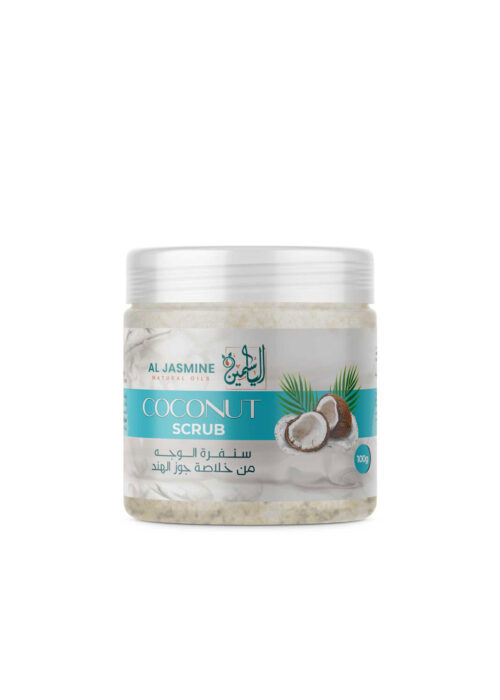
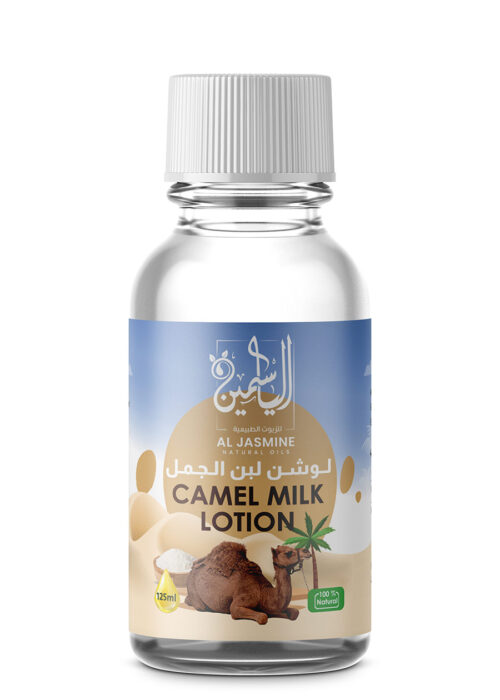
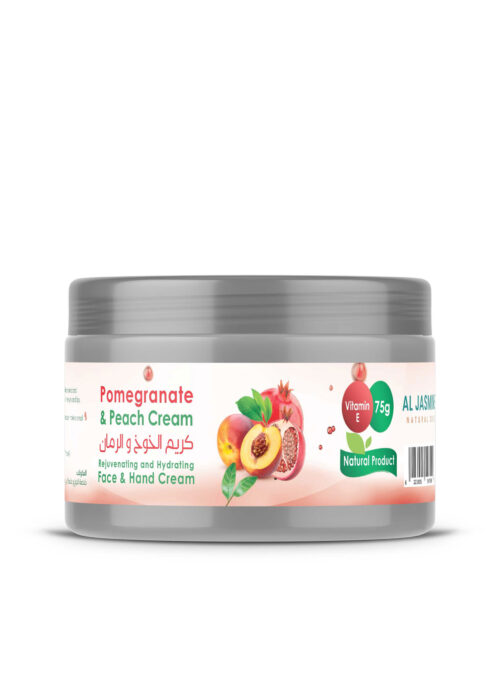
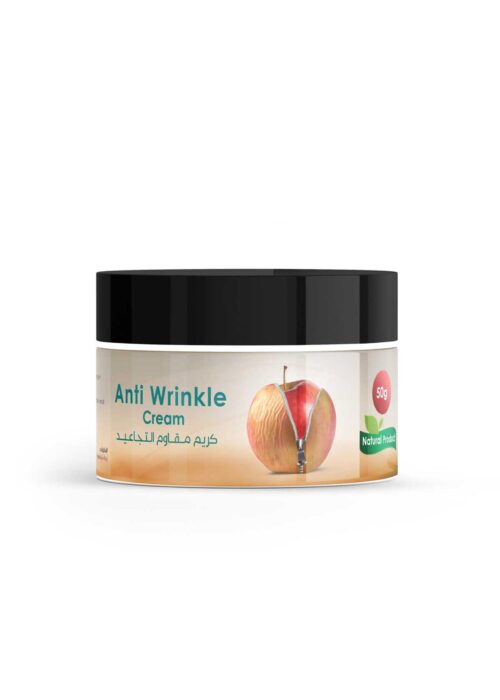
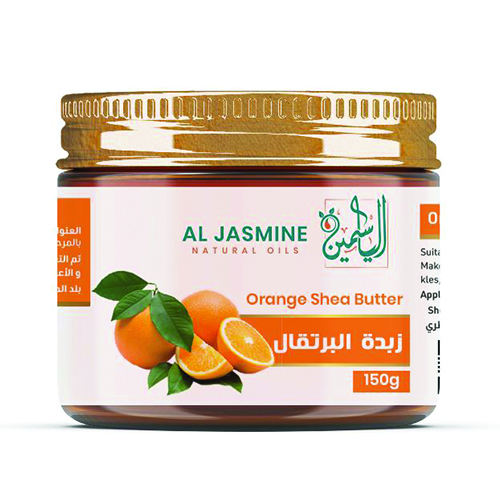
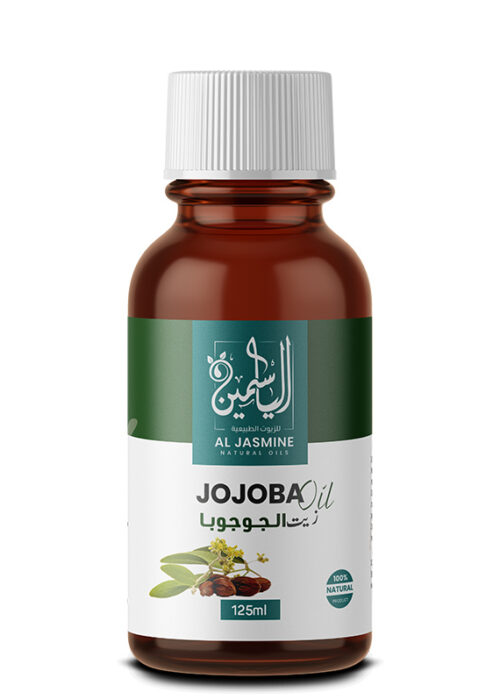
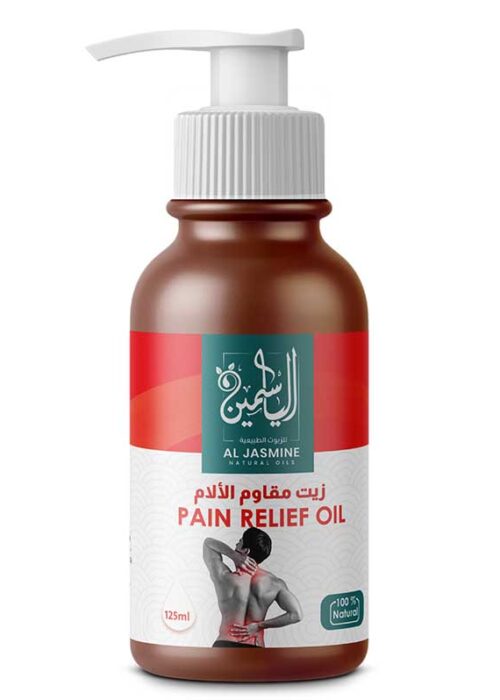
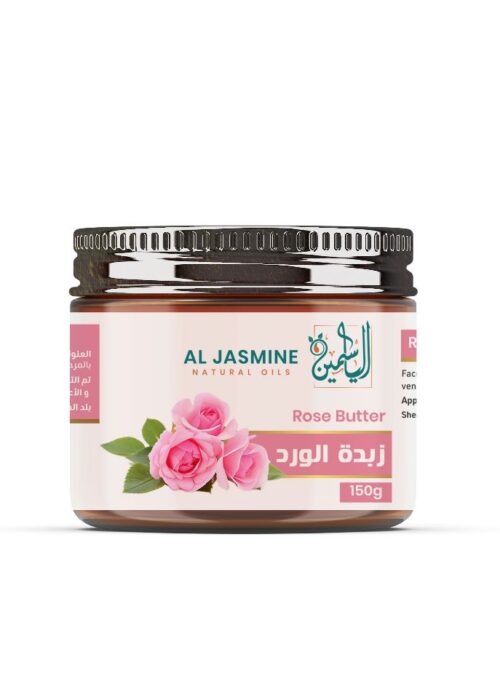
Reviews
There are no reviews yet.